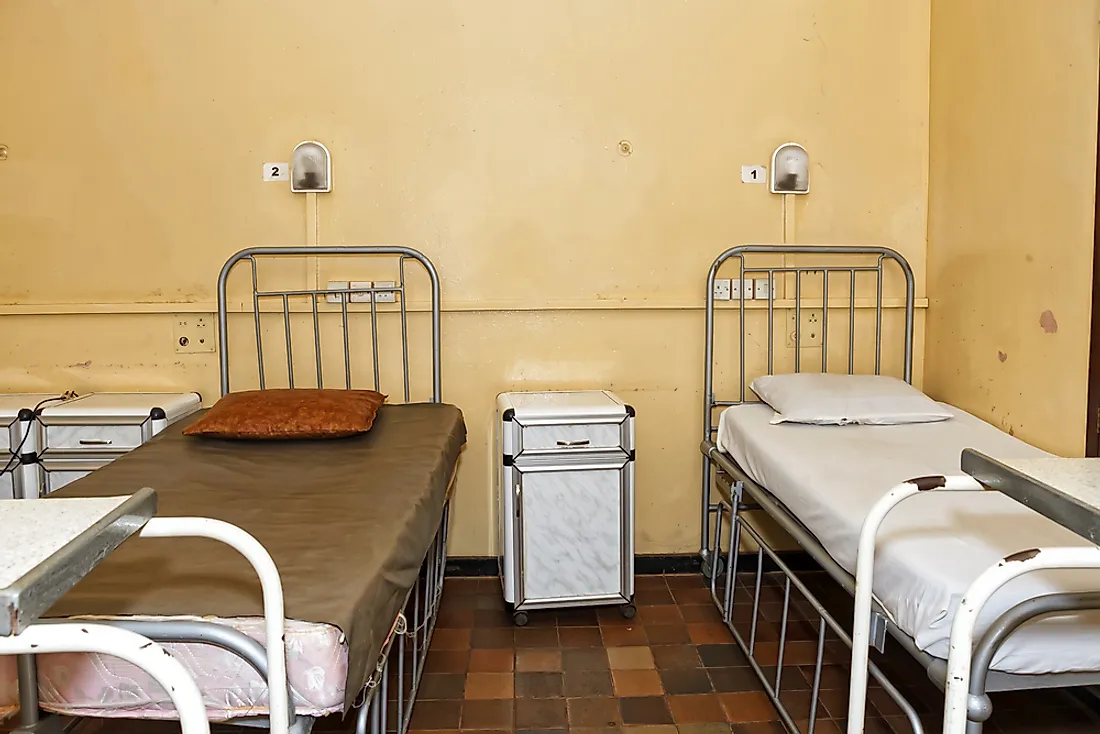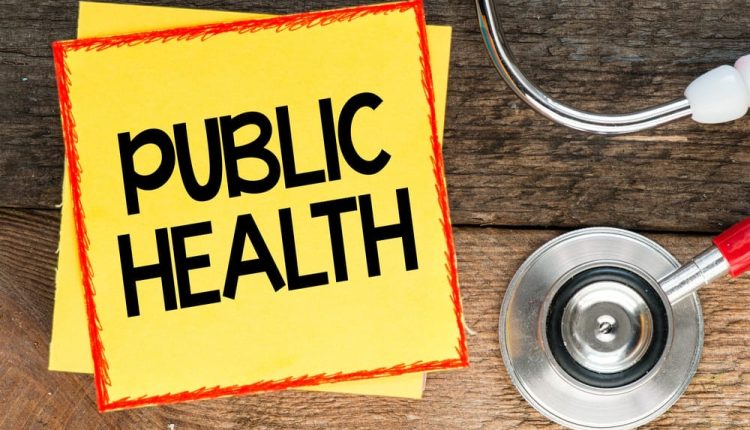Ghana’s public health sector is facing significant financial challenges as donor support continues to decline, raising concerns about the country’s preparedness for health emergencies. This financial strain has been particularly evident in the wake of recent outbreaks of Cerebrospinal Meningitis (CSM) in the Upper West Region and cholera in the Central Region. In response to these mounting challenges, experts have called for the reallocation of the COVID-19 Health Recovery Levy to establish a Public Health Emergency Fund to mitigate the growing crisis.
Dwindling Donor Support and the Public Health Crisis
Historically, Ghana has relied on external donor funding to sustain its public health initiatives. However, in recent years, this support has dwindled due to shifting global health priorities, economic constraints in donor countries, and an increased focus on domestic resource mobilization. The resulting financial shortfall has left the public health sector vulnerable, with limited resources to respond effectively to emergencies.
The impact of these funding constraints has been particularly severe in the recent CSM outbreak in the Upper West Region, which has claimed multiple lives and placed a significant burden on an already overstretched healthcare system. As of February 14, 2025, CSM cases in the region surged from 42 to 60, with the death toll reaching 14.
Meanwhile, in the Central Region, a cholera outbreak has further exacerbated the crisis. The Ghana Association of Medical Laboratory Scientists (GAMLS) has issued an urgent health risk warning following confirmed cholera cases in the region and other parts of the country. Between February 6 and 8, 2025, the Central Region alone recorded 69 confirmed cases and two fatalities.

Public Health Expert Calls for Emergency Fund to Address Health Crises
A public health expert and lecturer at the University for Development Studies (UDS), Dr. Seidu Fiter, has called for establishing a Public Health Emergency Fund to enable Ghana to respond effectively to emerging health crises.
“It is crucial for Ghana to have a dedicated financial resource to tackle public health emergencies,” Dr. Fiter emphasized.
Speaking on the issue, he proposed that the government consider allocating revenue from the talk tax, COVID-19 Levy, and a proposed new tax on sugary drinks to support the fund’s creation. According to him, “Public health emergencies pose a significant threat to developing economies like Ghana. Without a sustainable financial plan, our response to health crises will always be reactive rather than proactive.”
Dr. Fiter also raised concerns about the rising cases of kidney disease in Ghana, describing it as an emerging public health issue that demands immediate attention.
“The increasing prevalence of kidney disease is alarming. A Public Health Emergency Fund would allow for swift interventions and help mitigate the economic burden associated with such crises,” he noted.
He, therefore, urged policymakers to take proactive steps to safeguard public health and enhance Ghana’s healthcare resilience.
President Mahama’s Directive to Finance Minister Dr. Ato Forson
Recognizing the urgency of the situation, President John Dramani Mahama has directed Finance Minister Dr. Cassiel Ato Forson to explore strategies to close the funding gap in the public health sector. This directive underscores the government’s commitment to securing sustainable financing solutions for health emergencies.
Health experts and civil society organizations have also backed the proposal, calling for immediate government action to prevent further deterioration of the country’s healthcare system. They argue that a dedicated Public Health Emergency Fund would not only provide immediate relief but also ensure long-term resilience against future outbreaks.
Health Experts Call for Dedicated Funding
Health professionals in the Northern Region have echoed the call for a dedicated funding source to effectively manage public health emergencies like CSM and cholera, which remain persistent threats in Ghana.
Rofina Bokuma, a Health Promotion Officer at the Northern Regional Hospital, emphasized that the lack of sustainable funding hinders rapid responses to disease outbreaks. She stressed the need for a well-structured financial support system to strengthen public health interventions and preparedness.
Similarly, Wematu Hamza Ali, a Physician Assistant at the Tamale Central Hospital, highlighted the inadequate health infrastructure in parts of northern Ghana, which creates significant barriers to healthcare delivery. He recounted his recent visit to the Upper West Region, where he observed that some residents walk several kilometers to access healthcare services, leading to delayed treatment and worsening public health emergencies.
The Way Forward
As Ghana grapples with these public health challenges, the government faces a critical decision on how best to allocate resources to safeguard public health. Stakeholders argue that repurposing the COVID Levy is a viable solution to strengthening Ghana’s health emergency response mechanisms.
With CSM and cholera outbreaks posing a serious threat to public health, swift action is needed to prevent further loss of lives. Establishing a dedicated Public Health Emergency Fund could provide a sustainable solution to Ghana’s growing health financing challenges, ensuring that the country is well-prepared to respond to future epidemics and pandemics.
Source: Ibrahim Angaangmeni Alhassan/Zaaghana.com


